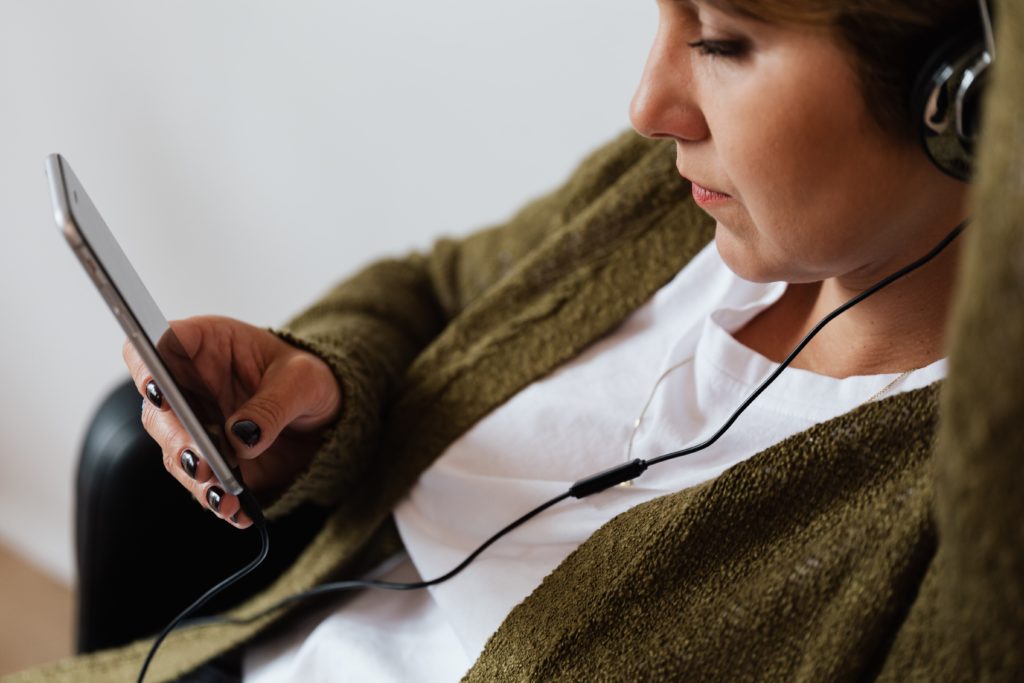
Is social media really harming our self-esteem? Is it possible that, when we swipe our finger against glass in the evening with a glass of wine, we’re doing irreparable damage to our self-esteem? And what are the negative effects of social media on our confidence?
Today’s post will tell you the impact of social media on your self-esteem, so you can use your favourite networking sites more responsibly, and understand the consequences if not.
Social Media is Inescapable
The year is 2022, and social media is a part of our lives – whether we like it or not. For the younger generation, they won’t remember a time where social media didn’t exist. It’s as an important part of their lives as their friendships. Social media, for the younger generation, conveys a sense of status, and it’s a method of communication with others.
When Facebook first launched in February 2004, we had no idea – as a global society – that it would impact the way the world worked forever. Before Facebook, we had sites like Bebo, but it was far more aimed at the younger (teenagers) members of society. Facebook was the starting point of a social media wave that included everyone of all ages to communicate over the internet and share milestones from their lives with others.
Fast-forward to 2022, and we now have social media platforms in abundance, with billions of users worldwide.
But realistically: is social media safe?
What is social media doing to our self-esteem?
The Darker Side of Social Media
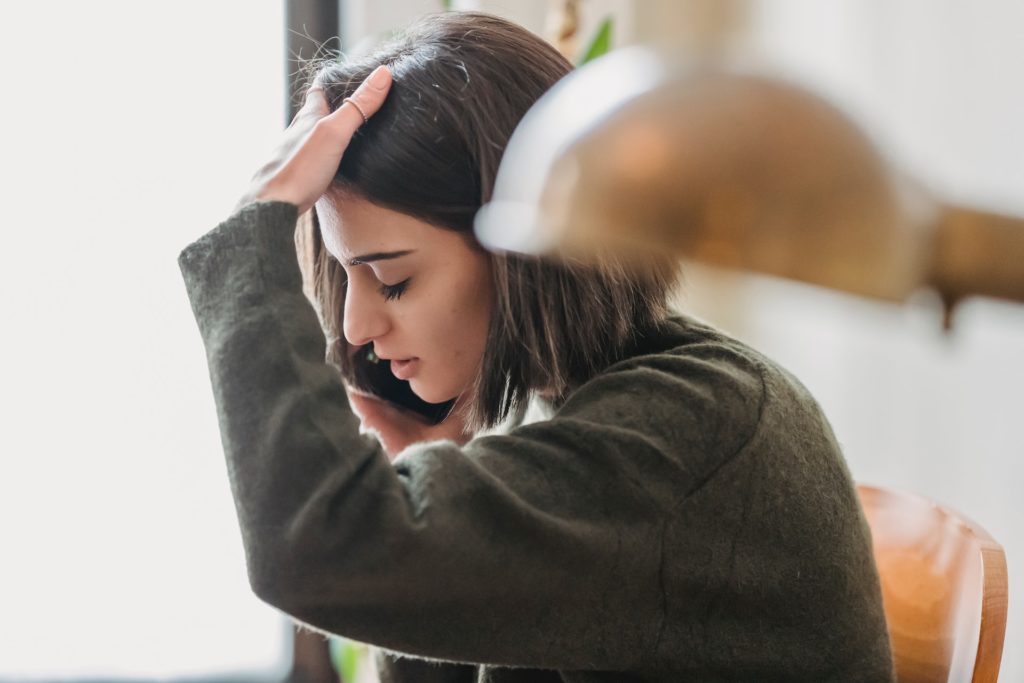
In terms of mental health, there have been a whole host of studies carried out to discover the psychological impact of social media on its users. The takeaway? These studies have independently linked social media to increased levels of anxiety, envy, isolation, and depression.
Seeing as social media is a free way of communicating, and – as I mentioned previously – such an integral part of our lives, we shake off these studies and roll our eyes. For something used so frequently, it can’t possibly be that bad for you, can it?
The Link Between Self-Esteem and Social Media
There’s a certain irony in the fact that social media was created to bring people together via the internet but, in reality, provokes a sense of loneliness, isn’t there?
The truth is, it’s impossible to genuinely connect with others via social media in the same way as you would in person.
It’s down to the fact that the desire and almost desperation for virtual “likes” outweighs the desire for communication. That instant gratification has programmed the way we interact with the world.
Comparing Yourself to Others on Social Media
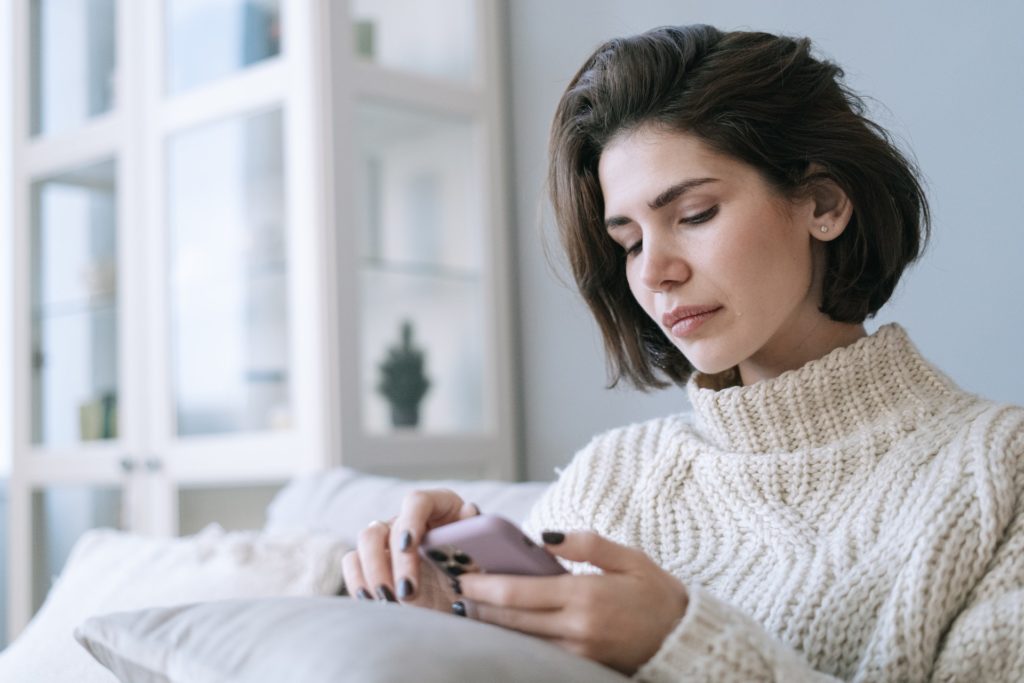
One of the most toxic side effects of social media is comparison-itis. And, unfortunately, it doesn’t discriminate against its victims.
It’s human nature to compare ourselves to others. It’s how we learn and grow from childhood into adulthood. However, when you add a foreign concept to our knee-jerk reaction to compare ourselves to others, it becomes poisonous.
When we compare ourselves to others on social media, we can end up feeling inferior and inadequate. That sense of inadequacy speaks directly to our self-esteem, and can do a whole lot of harm in a very short period of time.
Unrealistic Expectations
Social media platforms are places to share key moments and milestones with those around you. That’s the intention. However, the reality is quite different.
When’s the last time you shared of photo of what you truly looked like when you first wake up? Or the lower points of your life? It’s far less likely for you to share the more negative, darker sides of your existence on social media. And, that extends to everyone on your “friends” or “following” list, too.
You know, deep down, that the posts shared by those you’re comparing yourself to aren’t painting an accurate representation of their life. But the increase in envy and sensation of inadequacy blocks that sense of reality. No matter how often you tell yourself, it becomes increasingly difficult to believe yourself.
Communication Becomes Difficult
Human, face-to-face interaction is important for us to grow and thrive. We’re not – in our nature – solitary animals. Instead, we need communication and interaction.
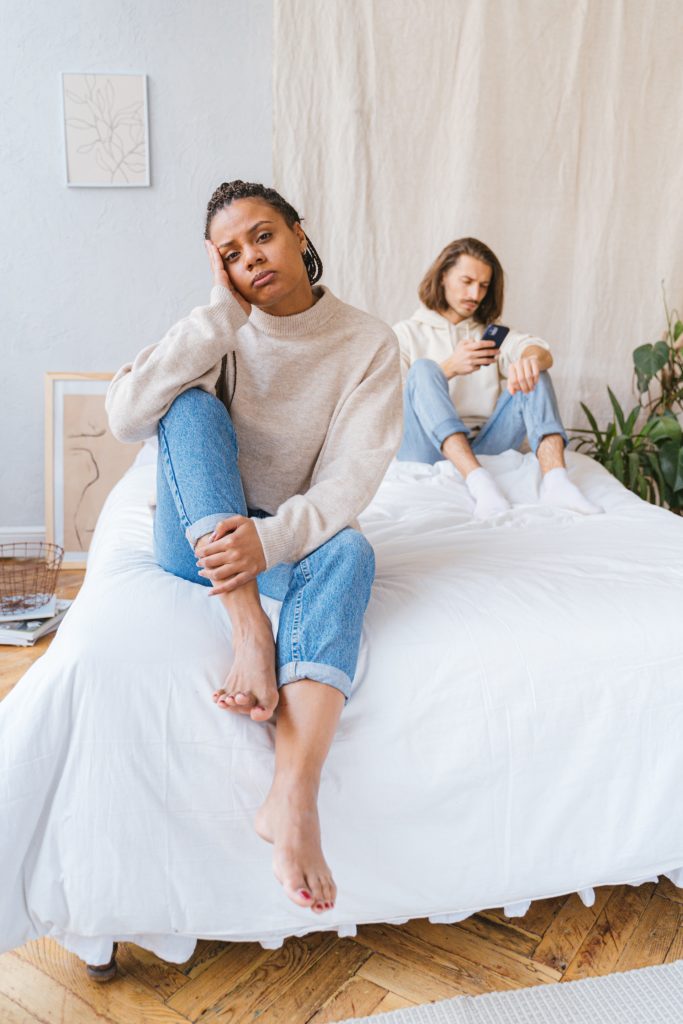
The dominance social media has on people’s lives can often dry up conversation. By the time you’re sitting with the other person and talking, you feel that you already know about each other’s lives due to social media. And this has really taken a hit on our communication skills.
The Paradox Effect
The paradox effect of social media and self-esteem came about almost a decade ago. The concept of the paradox effect is all about how online “social media” platforms were created for those who struggle with social interaction. It creates a sense of false acceptance and validation, but in reality, it’s chipping away at your self-esteem bit by bit.
How to Use Social Media Responsibly
… and save your self-esteem in the process.
The truth of the matter is that social media – when used without thought and care – will hinder your self-esteem. If you already have low self-esteem, social media has the potential to make it worse.

That said, there are a few rules you can follow to use social media safely, for the benefit of your self-esteem:
- Unfollow those who make you feel inadequate or bad about yourself
- Take a break from social media (and stick to it)
- If you can’t take a break, try to reduce the amount of time you’re spending on social media
- Work on your self-esteem as a whole, and use the strategies you learn when interacting with others on social media
- Don’t forget to interact with people in person
Is Social Media Really Killing Our Self Esteem?
The long and short of it is that social media is hindering our self confidence and self-esteem. However, I truly believe that this is because there are no guidelines – no rules – that teach you how to use it safely.
When social media first took the world by storm, we taught our children about staying safe online. Not accepting friend requests from people we don’t know, never providing your address, and thinking carefully about what you post. However, we didn’t teach them how to use social media in a way that protects their sense of self.
It’s time for that to change. Social media is here to stay. But for the good of your self-esteem (and that of your children – they learn by example, after all), you must use social media responsibly and safely.

Hey I’m Natalie, Supporting women like you on their road to self-acceptance and building a positive body image.
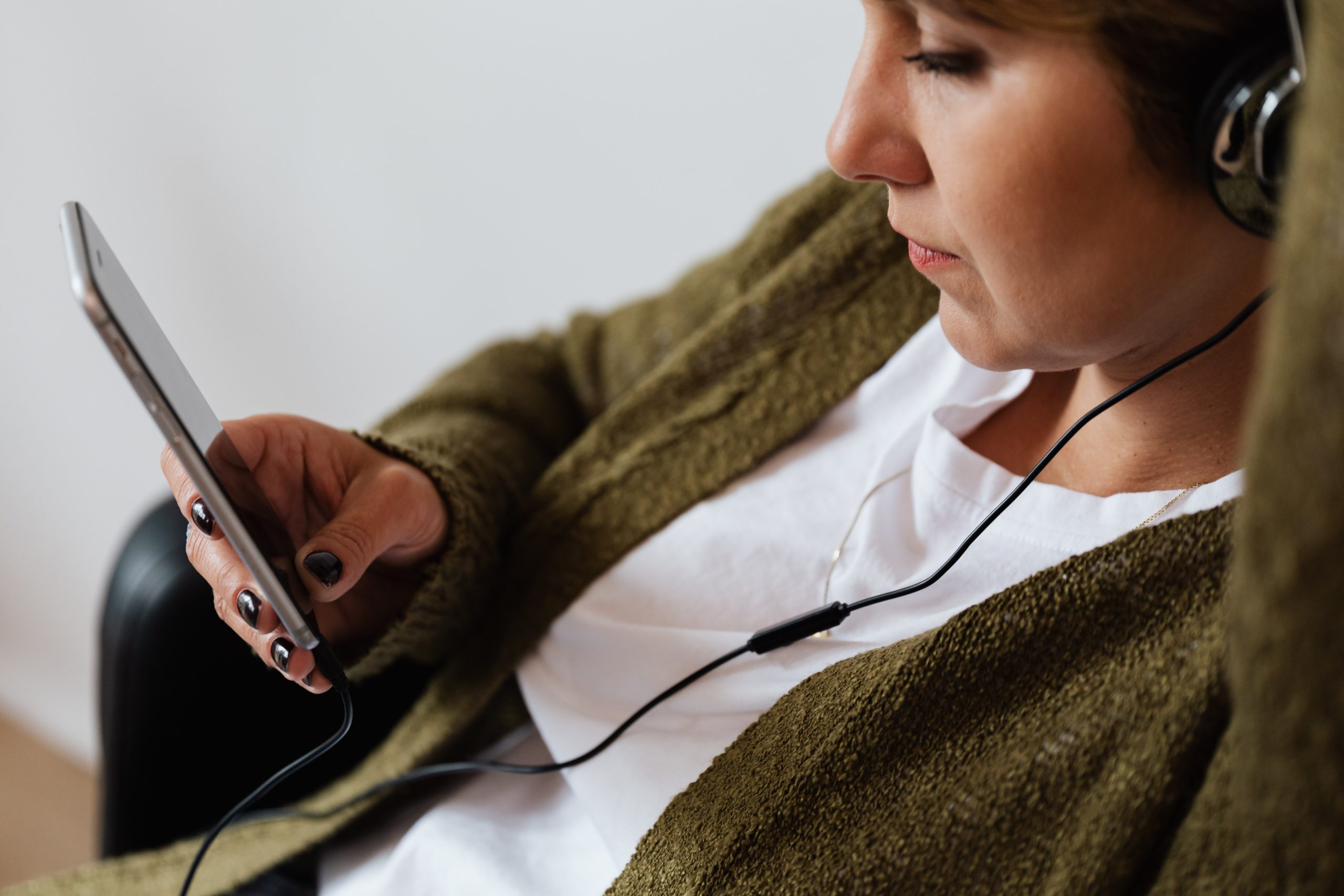
[…] You can take a walk, do a meditation or simply sit and enjoy your favourite drink watching the world go by. I know it’s tempting but don’t reach for your mobile and start scrolling, this can be a negative trigger for a lot of women. […]
[…] only able to change the things in your control, for example, who you spend time with, how long you scroll down your social media feed and how you react in situations. So using the answers that come up, what do you want to do less of […]
[…] You feel triggered and bad about yourself when scrolling on social media […]
[…] common negative body image trigger is social media. So when you’re experiencing a bad body image day it’s a good idea to limit your social media […]
[…] Social media can have a significant impact on your body image. Platforms like Instagram, Facebook, and TikTok are loaded with images of ‘ideal’ bodies that can make you feel inadequate and insecure about your own appearance. Social media influencers and celebrities often showcase their perfectly edited and filtered bodies, creating unrealistic beauty standards that are nearly impossible to achieve. These images can create a distorted view of what a “normal” or “desirable” body looks like, leading to negative body image and body dissatisfaction. […]